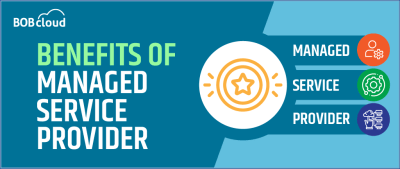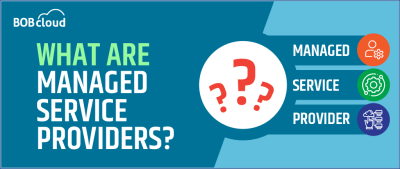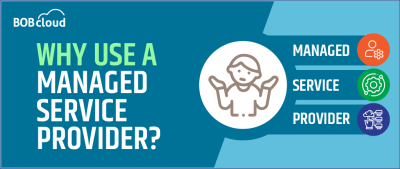Choosing between Microsoft Remote Desktop vs Chrome Remote Desktop? Microsoft Remote Desktop has advanced features and strong security, best for Windows environments. Chrome Remote Desktop is easy to use, works on many platforms, and is secure with no open ports. Both are free and effective; choose based on your client needs and setup.
Managed Service Providers (MSPs) offer numerous benefits, including proactive IT management, enhanced cybersecurity, and reliable support. They streamline operations, ensuring optimal system performance and reducing downtime. MSPs also provide scalable solutions, adapting to evolving business needs. By outsourcing IT tasks to experts, businesses can focus on core functions, achieve cost savings, and stay ahead in the dynamic technology landscape.
Managed service providers (MSPs) continuously provide IT services to businesses. They typically offer services like network management, data backup and recovery, security, and end-user support. MSPs can help companies to save money, improve efficiency, and reduce risk.
What is Risk Management – A Comprehensive Guide
Risk management is the process of identifying, assessing, and mitigating potential risks to protect businesses from financial, legal, and operational challenges.
Managed IT services help save money by reducing the need for in-house IT staff, cutting down on expensive emergency repairs, and offering predictable monthly costs. They improve efficiency and prevent costly downtime, ensuring your technology supports your business goals effectively and affordably.
Using a Managed Service Provider (MSP) allows businesses to offload IT management tasks, ensuring efficient, reliable, and secure technology operations. MSPs offer cybersecurity and cloud computing expertise, reducing the burden on internal teams. This approach improves system performance, minimises downtime, and enables companies to focus on core functions, promoting cost-effectiveness and scalability.







